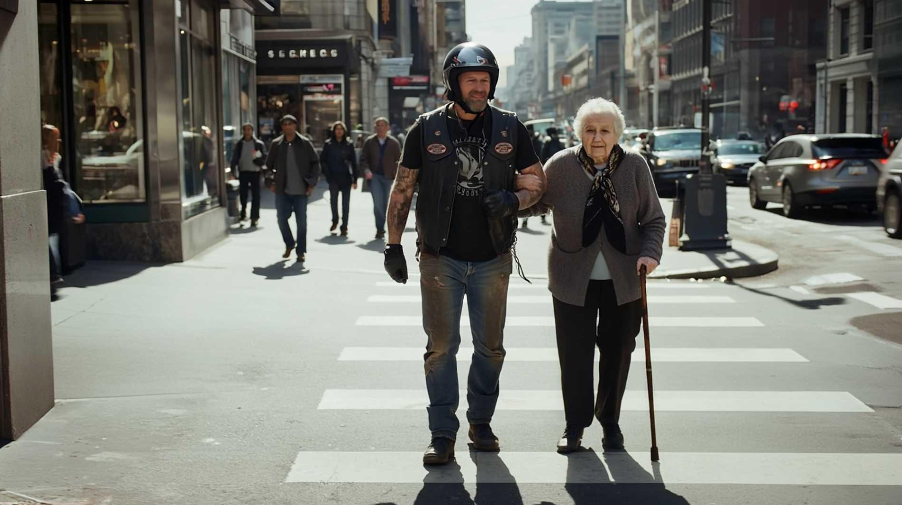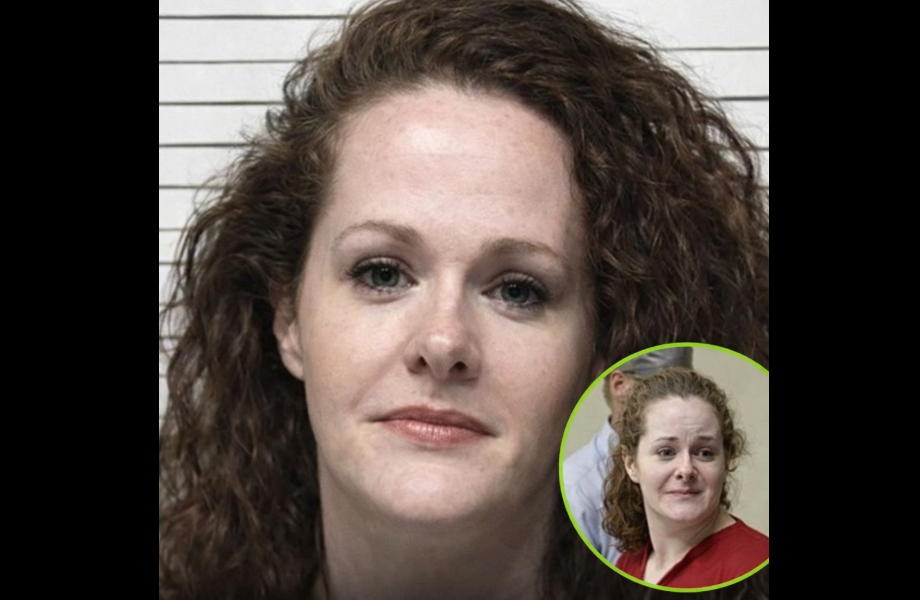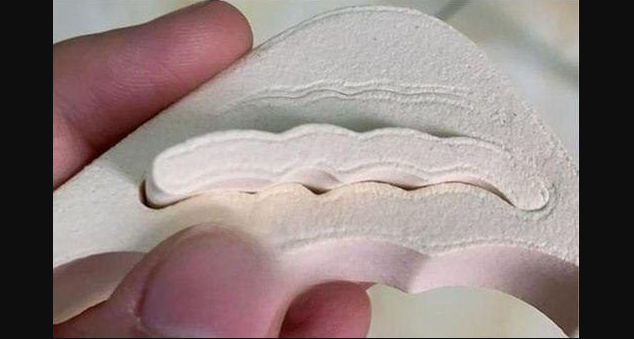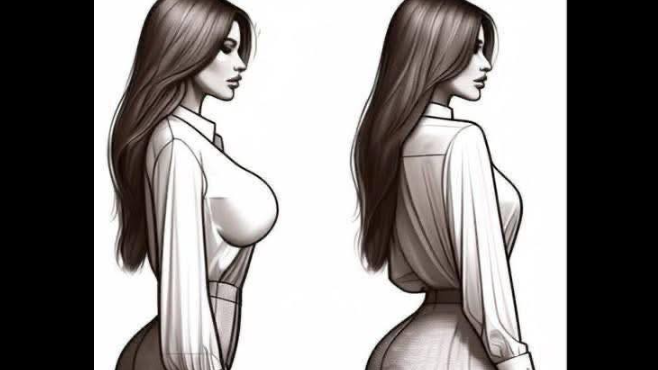I was assisting Josephine Mayweather across the street one morning.
The traffic light had changed, leaving her stranded at the sidewalk’s edge, gripping her cane tightly as cars zoomed by. I extended my arm to her, and she took it with a nod. That’s all it was—a small gesture.
But as we stepped forward together, I sensed the weight of eyes on us.
Whispers followed.
A man in a sharp blazer leaned toward his companion, his voice carrying: “Is she alright? Look at that guy.” His tone wasn’t subtle.
I knew what they saw: my tattoos, my leather vest, the helmet still tucked under my arm. They likely pictured me roaring in on a motorcycle, fresh from some shady deal.
What they didn’t notice was Josephine’s firm grip on my arm, grounding herself with quiet determination. They didn’t hear her say, “Thank you, dear. My knees are giving out, but my wit’s still sharp as ever.”
Her words caught me off guard, and I chuckled.
We were halfway across the street when a woman in bright yoga clothes jogged up, concern etched on her face. “Ma’am, is this man troubling you?” she asked, as if I were leading Josephine somewhere against her will.
Josephine didn’t miss a beat.
“Troubling me?” she replied, her voice dripping with amusement. “This young man is escorting me to my grandson’s bakery so I can beat my bridge club to the lemon bars.”
She turned to the woman, her gaze steady. “What kindness have you offered anyone today?”
That wasn’t even the most surprising part.
When we reached the other side, Josephine leaned closer and shared a secret about her past, her voice low. “In the ‘60s,” she said, her grip tightening slightly, “they knew me as Velvet Fox.”
I blinked, unsure I’d heard right. “Velvet… Fox?”
She flashed a grin, revealing perfect dentures and a spark in her eye. “Stage name. I was one of the first Black burlesque dancers to headline in Vegas. Stirred up some trouble. Got myself banned in three states.”
I let out a laugh, half-convinced she was pulling my leg. “You’re serious?”
“I’m 83, with shoes that squeak like baby ducks,” she said. “You think I’d waste my breath on a story that wasn’t true?”
Point taken.
Her real name was Josephine Mayweather. As we walked at her pace, she shared tales of touring with jazz bands, rubbing elbows with legends like Coltrane and Ella. She mentioned Frank Sinatra once describing her as “a spark of mischief wrapped in stardust.”
We arrived at the bakery, a warm little spot nestled between a flower shop and a locksmith. The bell above the door chimed as we entered, and the scent of cinnamon and lemon enveloped us.
A lanky redhead with flour-dusted apron looked up from behind the counter. “Gran, you made it!”
I helped Josephine settle into a chair and turned to go, but she caught my hand.
“Hold on now,” she said. “You’ve done me a favor. Let me return it.”
I left with a box of pastries I hadn’t expected and an open invitation to return.
I thought that might be the end of our story.
But two days later, I found myself back on that same block. Maybe it was the pastries. Maybe it was her.
There she was, at the same corner, cane in hand, as if she’d been waiting.
She waved me over with that knowing smile. “My bridge club’s gotten slower. Care to walk an old woman again?”
And so it began.
Every Thursday, I’d meet her at the corner. We’d talk about music, the state of the world, how people get lost in their phones and forget to look up. She’d sometimes pull out a faded photo from her dancing days, spinning tales so vivid I’d look them up later to confirm.
She wasn’t exaggerating.
Velvet Fox was real—a headliner at The Sahara in 1962. She’d been arrested in Mississippi for an “indecent performance” after wearing a red feather boa and winking at a senator’s son. I found articles, grainy photos, even a mention in a book.
But the story took an unexpected turn.
One Thursday, Josephine wasn’t at her usual spot.
I waited, ten minutes, then twenty. The bakery didn’t pick up when I called.
I don’t know why my chest tightened. She wasn’t my family—just a quick-witted woman with stories too rich to be fiction.
I went to the bakery. Her grandson, Theo, looked shaken.
“She fell,” he said. “Hospital kept her overnight. She’s home now, but she’s not herself.”
I asked if I could see her.
Soon, I was in her apartment, surrounded by walls lined with vinyl records and photos—some of her in glamorous gowns, others with faces I recognized from history.
She was in bed, a silk scarf wrapped around her hair, eyes shut.
I started to leave, not wanting to disturb her.
But her eyes fluttered open. “You bring lemon bars?”
I laughed, relief washing over me. “Only if you’re sharing.”
Over the next few weeks, I visited more often. We’d talk for hours. I’d bring soup, clean her windows. She’d ask about my life—why I worked construction, why I’d never settled down, why my eyes carried a shadow.
I opened up in ways I hadn’t in years.
I told her about my brother’s death, how I’d spiraled, drinking too much, living out of a truck for months. How people judged me by my appearance, not my heart.
She listened, unflinching. Then she said, “The world’s been foolish forever. Be yourself. The rest will figure it out.”
That was Josephine—sharp, warm, no-nonsense.
One day, she handed me a worn box.
Inside were letters—fan mail, love notes, yellowed by time. One held a photo of her with a man in a military uniform.
“His name was Clyde,” she said softly. “Met him in ‘58. He’d write me poems on napkins. I ended it because the world wasn’t kind to a white man loving a Black woman back then.”
She paused. “He died in Vietnam.”
I sat in silence, holding the weight of her words.
Weeks later, one Thursday, she wasn’t by the window when I arrived. Theo answered the door, his face heavy.
“She’s tired,” he said. “Talking about slowing down.”
I brought her soup anyway.
She barely ate.
Then, out of the blue, she asked, “You ever think about fresh starts?”
I nodded.
“Good,” she said. “I’ve got one left, and it’s yours.”
I didn’t understand at first.
A week later, Theo called me back to her apartment.
On the table was an envelope with a letter, a key, and a deed.
She’d left me her car—a pristine 1964 powder-blue Mustang, kept in a garage for decades.
Her letter read: “You made me feel visible again, like I still mattered. People looked at you like you were trouble, but you never wavered. Take this car. Go somewhere you’ve been scared to try. Start fresh. Find joy. Be someone’s Clyde, if you’re lucky.”
She passed that night.
Her funeral was quiet—bridge club friends, Theo, a few others. I wore a suit, shaved for the first time in years.
After, I went to the garage.
The Mustang gleamed like it belonged on a film set. I slid into the driver’s seat, started it up. The radio hummed to life, Ella Fitzgerald’s voice filling the air.
I didn’t cry.
Not until I opened the glove box.
Inside was the red feather boa, soft and vibrant, and a note: “Wear it once. For me. Make someone smile.”
So I did.
I drove to the bakery, boa draped around my neck, and Theo nearly dropped a tray of croissants.
The whole place erupted in laughter.
That was two years ago.
Since then, I’ve driven the Mustang across five states, met kind people, taken odd jobs. I settled in a small town where my tattoos don’t raise eyebrows. I opened a repair shop, fixing broken things—radios, chairs, clocks. Making them whole again.
Just like Josephine did for me.
She wasn’t merely an elderly woman with a cane.
She was Velvet Fox—dancer, dreamer, rebel, icon.
She showed me that what people see on the surface is rarely the whole truth.
So when you see someone lending a hand—or someone who doesn’t match your idea of “safe” or “ordinary”—don’t judge.
Maybe they’re not causing harm.
Maybe they’re just living their truth.
Maybe they’re mending something broken.
And maybe, just maybe, they’re carrying forward a legacy.
If this story touched you, share it. Someone out there might need a fresh start today. ❤️






